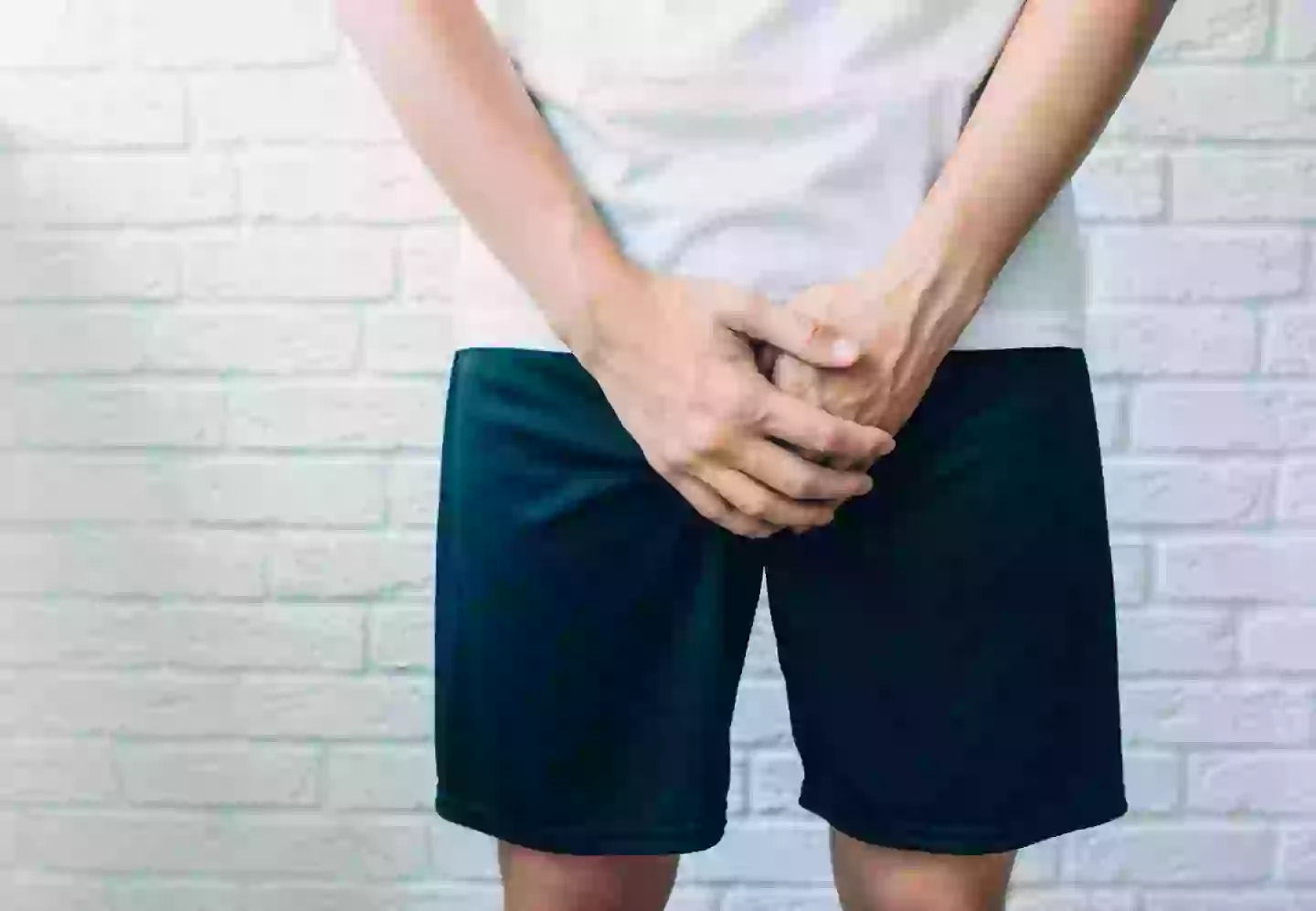There have been three heatwaves in the UK this summer already, and it seems men are struggling.
Last summer, we told you about 'summer penis', a term used to describe the impact of warm weather on a man's private parts. Apparently, the penis can appear bigger or fuller during the heat.
At the time, GP Dr Chun Tang, from private healthcare clinic Pall Mall Medical, explained what can happen.
“So ‘summer penis’ is a term people use to describe when a male's penis seems a bit bigger or fuller during hot weather," the doc told The Sun. “It’s not an official medical thing, just something people have noticed and talked about.
Advert
“The idea is that in warmer months, especially when it’s hot and humid, the heat causes your blood vessels to expand a bit, which can make things down there look a bit different.”
Dr Tang explained that the penis can look larger, especially when flaccid.

“Some men notice that their penis looks a little larger, especially when it’s flaccid," he added. “Because of the increased blood flow, it might feel a bit softer or more relaxed than usual.”
Turns out it's not just the penis that is susceptible to changes, but the testicles can also suffer from their own summer-induced 'condition' too.
Advert
'Summer long balls' - a term coined by The Cut - refers to men experiencing an increase in ball size during the hot weather. And apparently, it's causing a lot of discomfort.
“It sucks,” an unnamed person told the publication. “I wish I could wear sluttier shorts in the summer. But I can’t do so comfortably.”
And another said: “You have to make sure no one sees you grab your crotch to rearrange if you’re in public."

The Cut reporter E.J. Dickson explained: "A man told me something a few years ago that haunts me to this day: Every summer, his balls get bigger. Not to the extent that he has to purchase new underwear or anything, but enough to make a noticeable difference when he wears trunks or loose boxers.
Advert
"... Another told me he experiences a variation on summer long balls in which sweat causes the skin from his scrotum to stick to his leg, creating what he dubs a 'bat wing' effect."
Experts have since spoken out about the phenomenon, explaining that men with enlarged veins within the scrotum could be more likely to experience 'summer long balls'.
“What you’re describing as summer long balls is, I suspect, really the varicocele becoming more pronounced as a result of the elevated temperature,” said urologist and surgeon, Yaniv Larish.
.jpg)
“When you have a varicocele, the blood is not moving around efficiently, so instead of circulating around the testicle and pulling the heat away, it’s pooling up and actually insulating the testicle at an elevated temperature.”
Advert
Varicoceles impact around 15 percent of men and according to research, can decrease fertility.
They can be treated with surgery, but if you are suffering this summer, doctors recommend keeping as cool as possible and wearing snug-fitting underwear.
Cleveland Clinic explain: "Varicoceles can contribute to about 40% of all cases of male infertility. However, many people with varicoceles have no problems achieving pregnancy."

